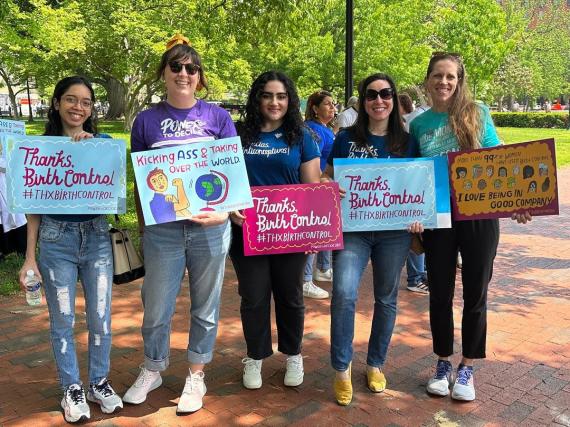Tips for Talking to Teens
Are you a champion to a young person in your life? Champions can be parents, guardians, coaches, mentors, or other family members that a young person trusts to speak openly and honestly with them.
Teens may experience mood swings as they experience the hormonal changes of puberty in full force. They’re also likely going through a lot of firsts (first love, first heartbreak, etc.) in their lives that can result in large emotions too. Teens are beginning to think abstractly, but still have difficulty with decision making and navigating tough situations. Many are also experimenting with different identities; they may try out different clothing styles, explore their sexual or gender identity, and hop in and out of friend groups all while trying to distance themselves from their families. Use the tips and guidelines below to start important conversations early, plan for the future, and build trust with teens.
Assume No One Else is Talking to Them About Sexual Health
Talking to your young person about healthy relationships and sex is normal. Still, it’s better to assume that no one else is discussing sexual well-being with them than to think that it’s someone else’s job and letting your teen fend for themselves. To ease your way in, incorporate little discussions about sex, love, and relationships into other, tangential conversations about TV shows, social media, or friend group drama.
Let’s Talk About Sex, Baby!
While it’s fair to encourage teens to wait until they’re both physically and mentally ready to engage in sexual activity, make sure you don’t imply that having sex is negative or something to feel guilty about. Teens are often sensitive to these sorts of connotations and your words can impact what they feel comfortable talking to you about in the future. De-stigmatize talking about sex, sexual and reproductive health, and birth control. By encouraging and engaging in candid, open conversations with your young person you can normalize the topic and build trust.
Fact vs Fiction
Research has consistently shown that while young people learn about sex from a variety of sources (friends, TV, social media, etc.), they want to hear about sex from the champions in their life. Utilize conversations about sex, love, and relationships to influence their knowledge about sexual health in a positive way.
Check out all our Talking is Power resources for more information.



